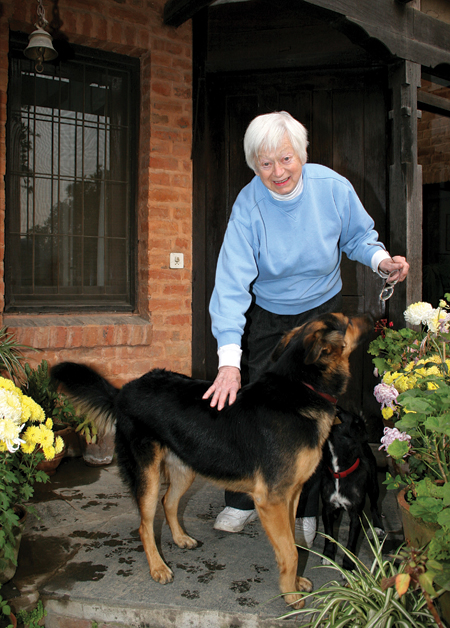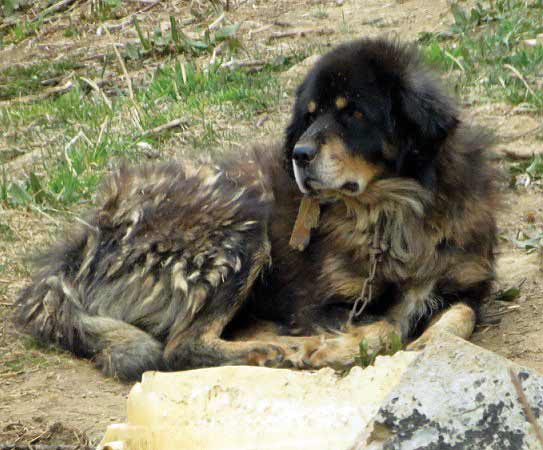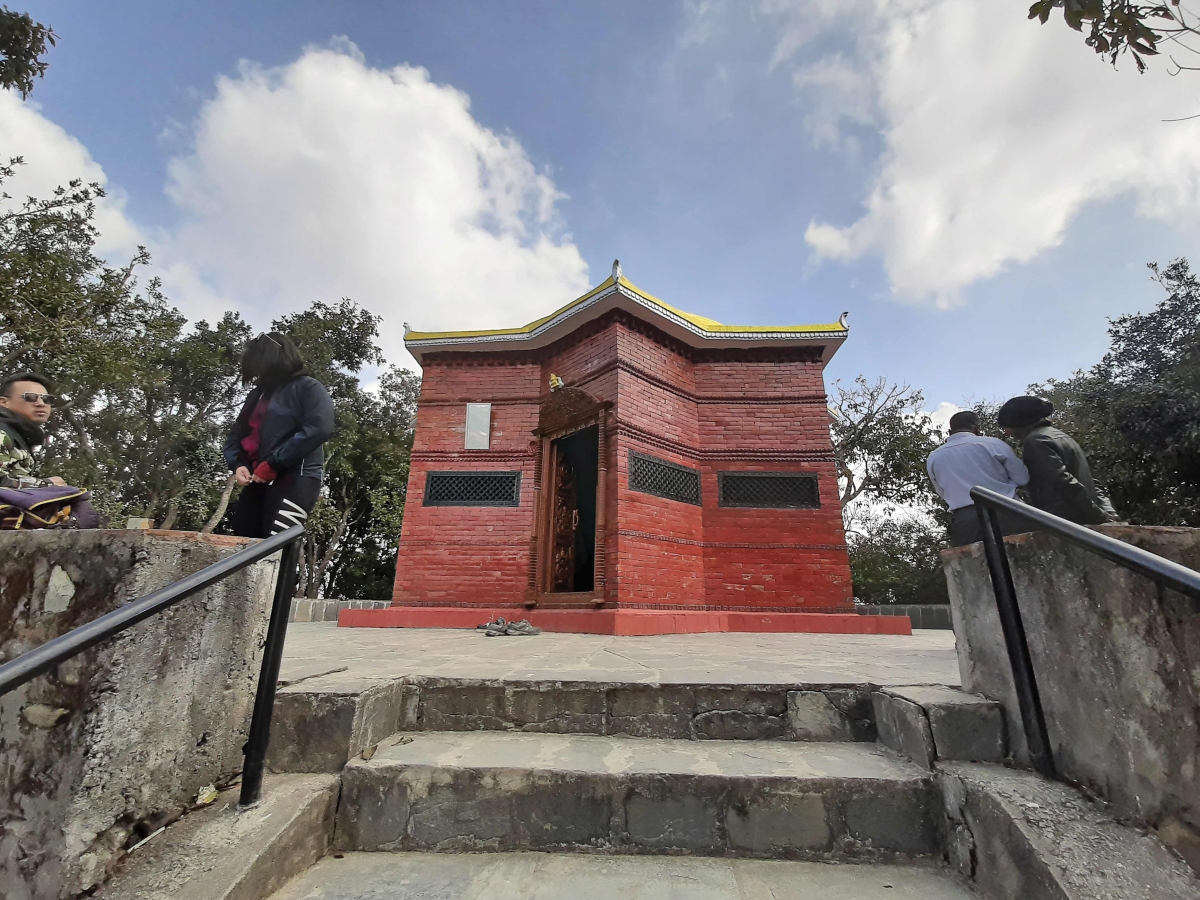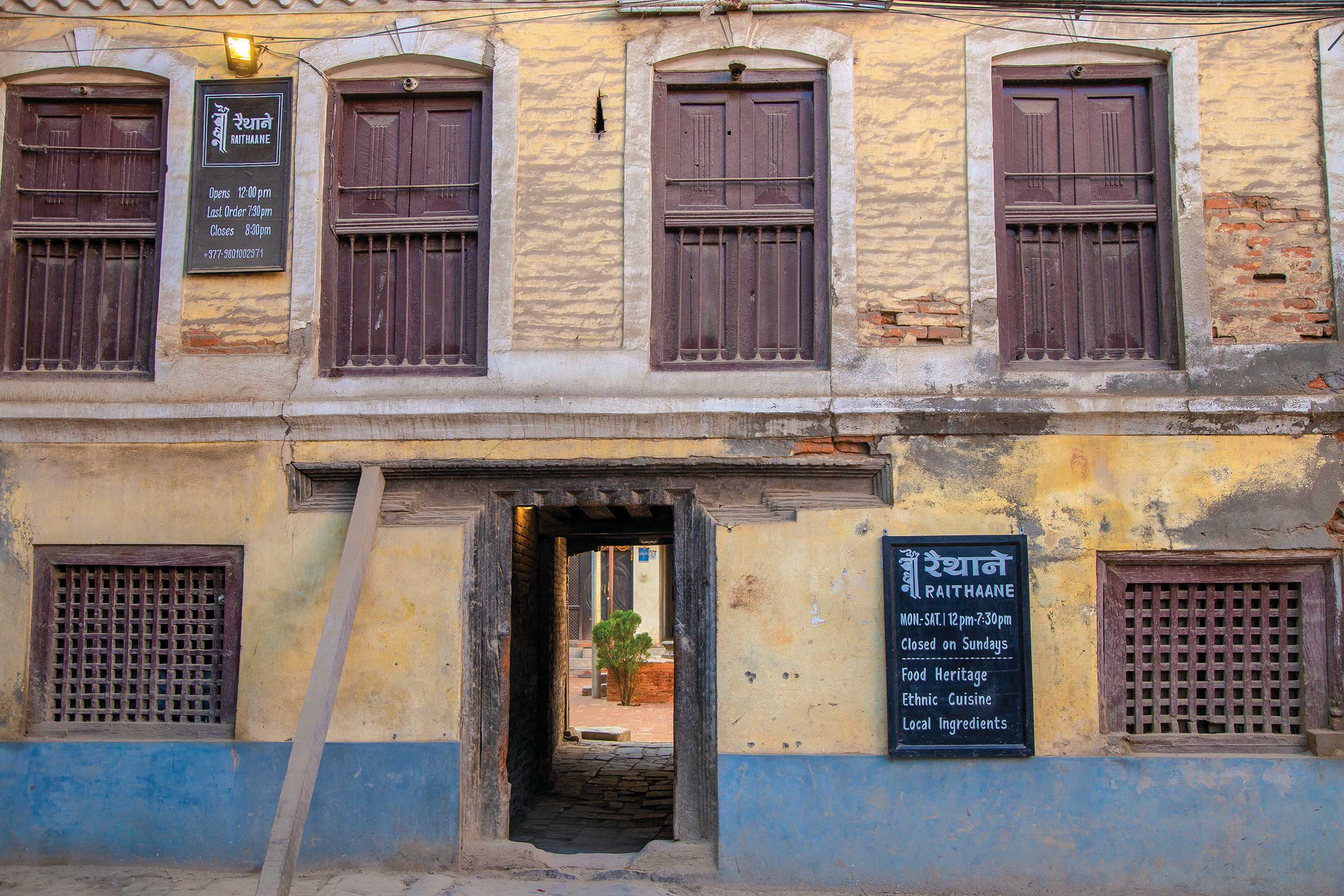Happiness is not achived by the conscious pursuit of happiness; it is generally the by-product of other activities. - Aldous Huxley
Her compassion has Olga Murray making a remarkable difference in the lives of impoverished children in Nepal. Working miracles, Olga proves that age is no barrier when it comes to achieving one’s goals and missions in life. Born in 1925 in Hungary, Olga came to the U.S. as a six year old and eventually graduated from Columbia University and law school at George Washington University. A total travel enthusiast and crazy about Greece, “Other women fall in love with men, I fall in love with countries,” is how she puts it.
 In 1984, Olga decided to come to Asia for the first time. Her initial interest in the country was her enthusiasm for trekking, “Nepal is known as a hiking destination and I loved it right away.” While trekking in the Himalayan mountains, she saw a world of overwhelming poverty; a multitude of poor children like she had never seen before, dressed in rags, yet so happy and with a keen spirit to read and write. “I was 59 and knew I had to retire from the Bar. I did not want to sit around playing bridge and having lunch with my friends, not my nature – wanted something fulfilling and rewarding like my work. I said to myself – this is what I want to do the rest of my life.” The seeds were sown and Murray founded the Nepalese Youth Opportunity Foundation (NYOF) in 1990 to give impoverished children in Nepal the opportunity to receive education through scholarships and sponsorships. Hundreds of these students have completed college and graduate schools, including many skilled to go serve in some of Nepal’s poorest areas.
In 1984, Olga decided to come to Asia for the first time. Her initial interest in the country was her enthusiasm for trekking, “Nepal is known as a hiking destination and I loved it right away.” While trekking in the Himalayan mountains, she saw a world of overwhelming poverty; a multitude of poor children like she had never seen before, dressed in rags, yet so happy and with a keen spirit to read and write. “I was 59 and knew I had to retire from the Bar. I did not want to sit around playing bridge and having lunch with my friends, not my nature – wanted something fulfilling and rewarding like my work. I said to myself – this is what I want to do the rest of my life.” The seeds were sown and Murray founded the Nepalese Youth Opportunity Foundation (NYOF) in 1990 to give impoverished children in Nepal the opportunity to receive education through scholarships and sponsorships. Hundreds of these students have completed college and graduate schools, including many skilled to go serve in some of Nepal’s poorest areas.
During her second visit to Nepal, she went to an orphanage where her friend was working and personally sponsored five children who had passed their SLC and earned scholarships. Ever since, every student qualified for college admission has been granted a scholarship with the help of NYOF donors.
While trekking in Helambu with friends in 1987, she broke her leg and was carried by a Nepali porter for eight days. As she was undergoing treatment, a young consulting orthopedic surgeon introduced her to a 15-year-old girl with no legs. She later sent the girl to a boarding school in Kathmandu and gradually started providing scholarships to disabled children. “Now we are sending deaf and blind children to school. There are 2000 children under scholarship starting from kindergarten. We have two children’s homes in Bhaisipati, one for girls and the other for boys. Children live there from the age of 5 – 6 years till SLC after which we support them through college.”
The first children’s home for homeless boys supported by NYOF was established in 1992. It was named J house after it’s location in Jawalakhel. After operating for two years, J House started accommodating girls as well. As the number of children increased, a separate unit for girls called K House was also established.
As Olga spent more time in Nepal, she saw boundless opportunities to help the needy and every prospect was like a calling. With unmatched kindness and compassion, she followed her heart. She feels that the discrimination against women in the villages in Nepal is mostly cultural; where it is a disgrace to be divorced or single, and where women have no freedom to be themselves. They are like beasts of burden. The one thing that could help change the stigma is education, which would give women the self-respect they need.
In 1998, the first Nutrition Rehabilitation Home (NRH) was launched for severely malnourished children whose immune systems were compromised, making them prone to diseases.” An expert team of doctors, nutritionalists and nurses attend the children to normal health, educating the mother on how to take care of her child by combining ingredients that are available in the village to maximize nutritional value. They are educated about proper hygiene and family planning. The children stay an average of 6 weeks until they regain their health and then are discharged. At present these nrhs are in Kathmandu, Bhadrapur, Biratnagar and Nepalgunj. The aim is to establish satellite nrhs throughout the country. Olga exhibits a noble figure of kindness saving children from the brink of death, and modestly says, “We have a very enthusiastic and imaginative team who do most of the work and I only supervise.”
Olga started a gargantuan task in Dang from 2000, amidst the Tharu community where alcoholism and poverty are most prevalent. Such circumstances compel parents to make unspeakable sacrifices like selling their daughters to labor contractors who come during the Maghe Sankrati festival. In return, the families receive a mere US $ 50/- annually. “Very often the parents do not know where their daughters are going and some of them are as small as 7 - 8 years of age. Under the Nepalese Youth Opportunity Foundation and Friends of Needy Children, we provide a family with a goat or piglet to raise and sell. This provides them the necessary finances because they can breed the animals and sell them.” Now, there are 800 girls attending school whose tuition and other school fess are paid by the organization. Mothers are put through a micro earning program so they can borrow small amounts of money and support their children.
Annually, during the Maghe Sankrati festival, a public awareness program is organized on a big scale with posters, leaflets and street plays. The trafficked girls who are rescued parade in their school uniforms, write about their experience and enact them, and there are radio broadcasts in the local network on the subject. The labor contractors are seen no more, and if such be the case, law suits are filed as it is a completely illegal practice. The program has been effective and has been eliminated in 14 vdcs. “A hundred dollars sends a girl to school, rewards her family and does everything she needs to do to stay home and get an education.” Olga who spoke about the piglet scheme on the Oprah Winfrey show in May 2002 says, “We are listed on Oprah’s website and we still receive donations from people in the US for the piglets scheme. I hardly knew who Oprah was, but I was recommended to her by one of her producers. The UN was organizing a Children’s Summit and Nelson Mandela was arriving. Oprah being good friends with Mandela wanted to air a program with him and people helping children all over the world. We were chosen and flown to Chicago with Santosh, a Nepali boy.” Santosh met Olga after he lost part of his arm in an accident. Hailing from a very poor background, Santosh is one of the many whose education was sponsored by Olga. He is 23 years old now and has graduated from college in California. Says Olga, “He is missing an arm, but is very confident and cheerful. He plays basketball, skis, drives and can do more with one arm than I can with two.”
Throwing some light into Olga’s nonetheless acclaimed past, she worked her way through school by researching and writing for famed muckraking political columnist Drew Pearson. With a big smile, she reflects, “He used to receive big barrels of mail consisting of threats, tips on stories, anecdotes – everything that you could imagine, and it was wonderful for someone just out of college to be answering his mail. I had the permission to call any Department of the Government, and to me it was like running a social service department. Soldiers during the Korean War wrote and complained about their conditions and I would call the Pentagon. He was powerful, if he wrote a story against them, they’d be in big trouble. But it was not the kind of job that could go on forever.” Olga decided to study law in the US, which was not easy at the time. Some Law Schools did not accept women and in George Washington University Law School where she graduated, there were just a handful of women lawyers. It was even harder to get a job. The Law firms would say, “We cannot hire a woman lawyer. Our clients would not stand it and the judges would just laugh at woman arguing a case. That was the attitude at the time. Now, things have changed and there are women partners in Law Firms.” Despite the adversity, she became a research attorney for Chief Justice Phil Gibson. Olga helped to write important decisions in the areas of civil rights, women’s rights, and environmental policy.
Olga’s spirit and desire to make a difference is attributed to her parents. With a soft smile, she reminisces about her mother being the kindest woman who taught by her own example, to never refuse help to people in need and of her father for whom everything was possible. Even though they did not teach me these things, I could see from their lives that this is how they lived.” Olga’s husband passed away at a young age. She is very close to her siblings and to both her stepsons and grandchildren. When time permits, she loves to read biographies, historical novels and political articles. Her love for travel is unappeasable.
Olga retired from the Bar in 1992 at the age of 67 and says “I was so involved in what I was doing in Nepal that I didn’t have time to be a lawyer anymore.” Talking about her busy schedule at present, Olga says, “Raise funds, that’s what I do – 24 hours a day, 365 days a year. 75% comes from individuals and 25% from American Foundations. We have built a relationship over the years and can count on their donations every year.”
Olga’s selfless endeavors were deservedly recognized and she received the Gorkha Dakshin Bahu. His Holiness The Dalai Lama also presented her with a certificate for an “Unsung Hero of Compassion.”
The positive difference that Olga has made to so many families in Nepal is phenomenal. Pensively, she says, “The only thing I regret is not having come to Nepal sooner. I could have done a lot more good.”









